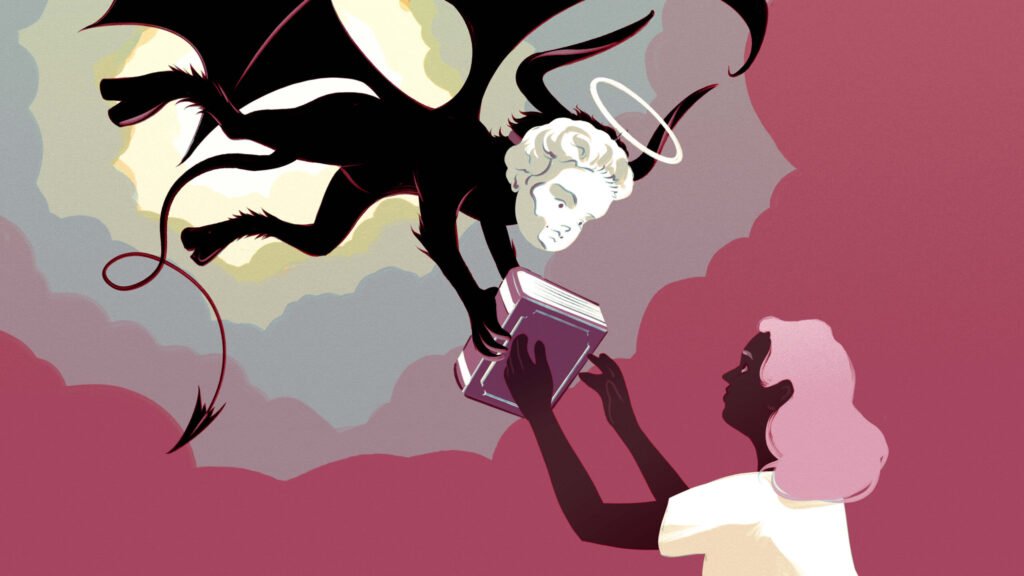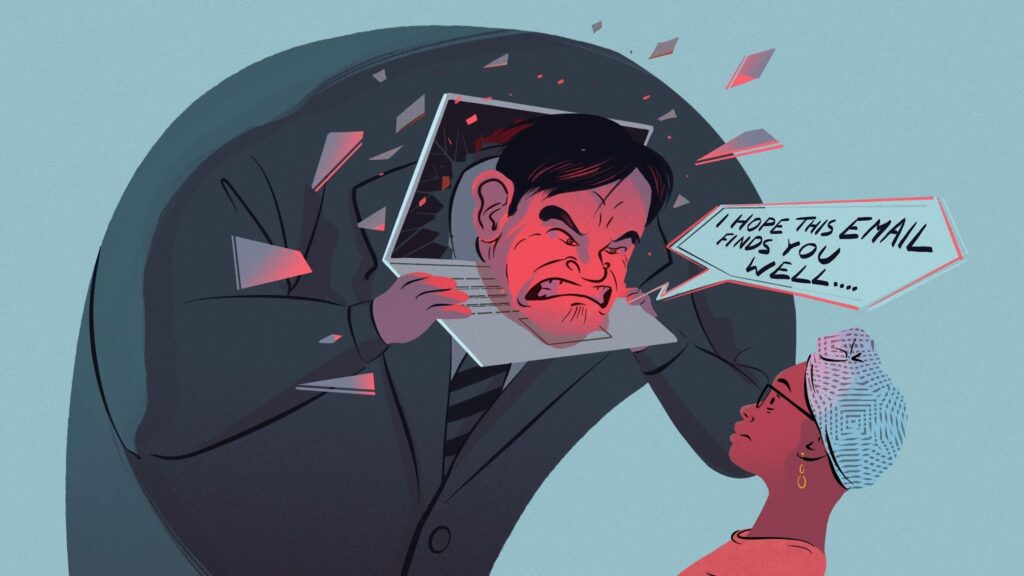A few weeks ago, I was given a tip-off about a juicy scandal of a story and I pitched it to a few big outlets. I had considerable interest and was offered a substantial rate, more than I was used to as a relatively new freelancer. However, after chatting it through with one editor over the phone I realised that I was completely out of my depth.
I began to realise that this was a piece of serious investigative journalism that would require coming up against powerful corporate and legal interests, something I did not have the mental capacity, desire, or drive to do. Often glamourised by Hollywood in films like Spotlight, the work is portrayed as thrillingly wrought with danger, deeply moving and fearlessly heroic. In reality, I felt only anxious and scared for my safety on realising that I would have to navigate multiple legal teams, submit FOIA requests and uncover information that was clearly designed to be kept hidden.
I struggled to decide what to do for a long while. The idea of turning down a story of this scale and the opportunity to write for a big publication, work with great editors and, crucially, be paid well, was almost unthinkable. In fact, for a week or so I didn’t even consider not doing it. As a fairly new journalist I had been pretty open about the kind of work I would do. I knew that I needed to build up a portfolio and I enjoyed trying out different styles and topics. On top of that, I had started freelancing in the middle of the pandemic, a time when the media industry was hit hard with layoffs and publication closures. Suddenly, the freelance pool had grown dramatically in size and with fewer resources to go round, many writers were in survival mode, taking whatever work we could find.
Having emerged into journalism amidst this atmosphere, the idea of rejecting something of this scale was almost unthinkable. I procrastinated hard and put off replying, trying to buy myself time to deliberate. Eventually, I nervously turned down the commission.
The relief was instant. All that anxiety I’d been feeling about the tasks ahead of me disappeared. I knew I’d made the right decision from a mental health perspective, and when I was then able to take on a number of commissions that fit my style and beat much better, I knew it was also a positive professional decision.
Lauren Gilmour, a local news reporter for the Glasgow Times, has also turned down a commission for similar reasons. She had been sent out to cover the protest at Kenmure Street where the community had come out to support their neighbours who were being targeted by immigration police. It was a big story and Gilmour pitched her account of the day to some noteworthy publications.
“I actually wrote the piece and spent a lot of time interviewing sources for it,” she says. “The editor kept coming back with multiple edits and was being really heavy handed.” She was becoming frustrated with the constant delays to the piece. This was a timely news story that Gilmour knew the media would soon move on from and she was keen to get the story out as quickly as possible. Additionally, she was a local reporter on the ground and receiving substantial critique from an editor based in London with no connection to what was going on.
She eventually turned down the commission because “I never saw an end in sight to when this piece would be finished and it ultimately was not pinned to the news anymore because the editor spent so much time editing.” She says she’s glad she stepped away, though she’s disappointed to have missed having a piece published on this important story.
Lily Canter, a freelance journalist, has also turned down a big commission for a national newspaper, though for different reasons. She was asked to write an opinion piece about home births in light of Meghan Markle’s recent announcement that she was planning to have one. Canter declined to take the piece: “Firstly I felt it was ‘Meghan bashing’ as they wanted me to take quite a snarky tone and I didn’t want to engage in that. Secondly, and most importantly to me, I felt the article was anti-home birth. I completely disagreed with the angle.” She doesn’t regret saying no and maintains a good working relationship with that editor to this day. For Canter, it was more important to maintain her moral and journalistic integrity than write an article she fundamentally disagreed with just because it was for a big publication.
Both journalists would encourage other writers to do the same. “Absolutely [do it], especially if you’re being given the run around by editors who just don’t know your story as well as you do,” says Gilmour. Canter especially endorses this for freelancers: “The whole point of being freelance is that you can pick and choose what you do and anything that doesn’t sit right, you can turn down. As long as you are polite and don’t mess editors around at the last minute it will not damage working relationships.”
All journalists, especially freelancers, have at some point in their career had to question whether or not to take on a particular story. There is great advice available about how to say no when it may negatively impact your mental health and wellbeing. However, it’s also beneficial to know when a story is simply not right for you, even if you do have the capacity and availability to take it on. Whether the story involves a style of writing outside your wheelhouse, you’re asked to take a stance you don’t agree with or you know an issue during the editing process will ultimately reflect badly on you, it’s important to trust your gut instinct and have the confidence to turn it down, even if it seems like a great career move.




